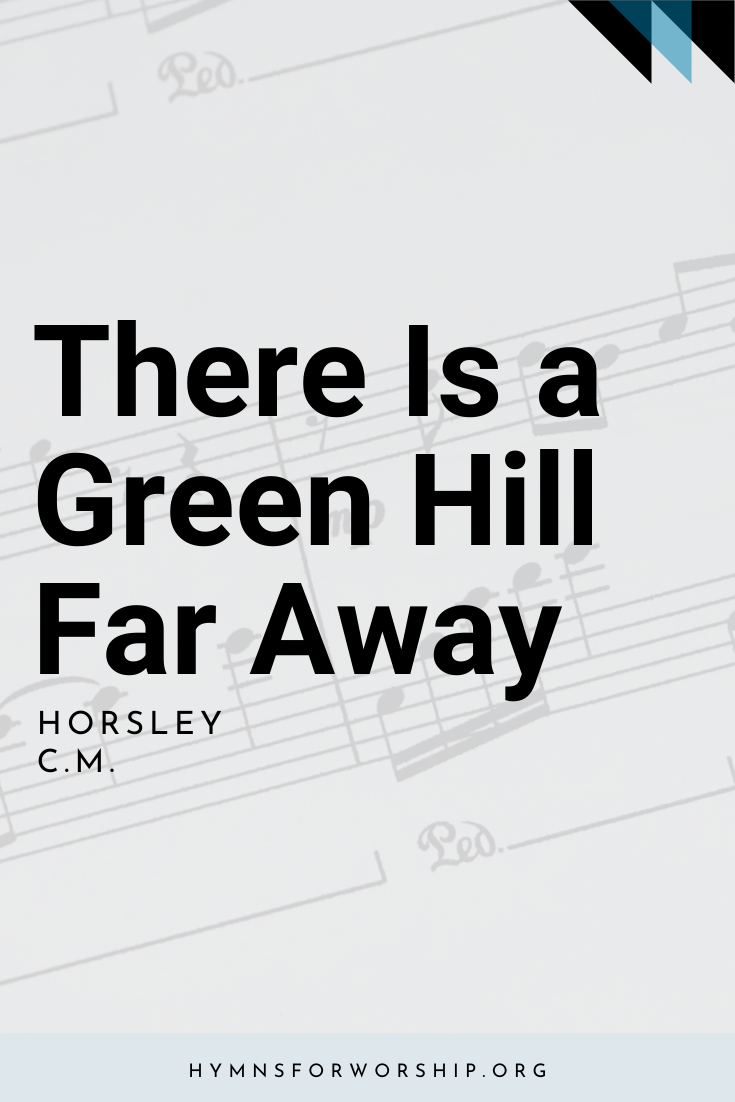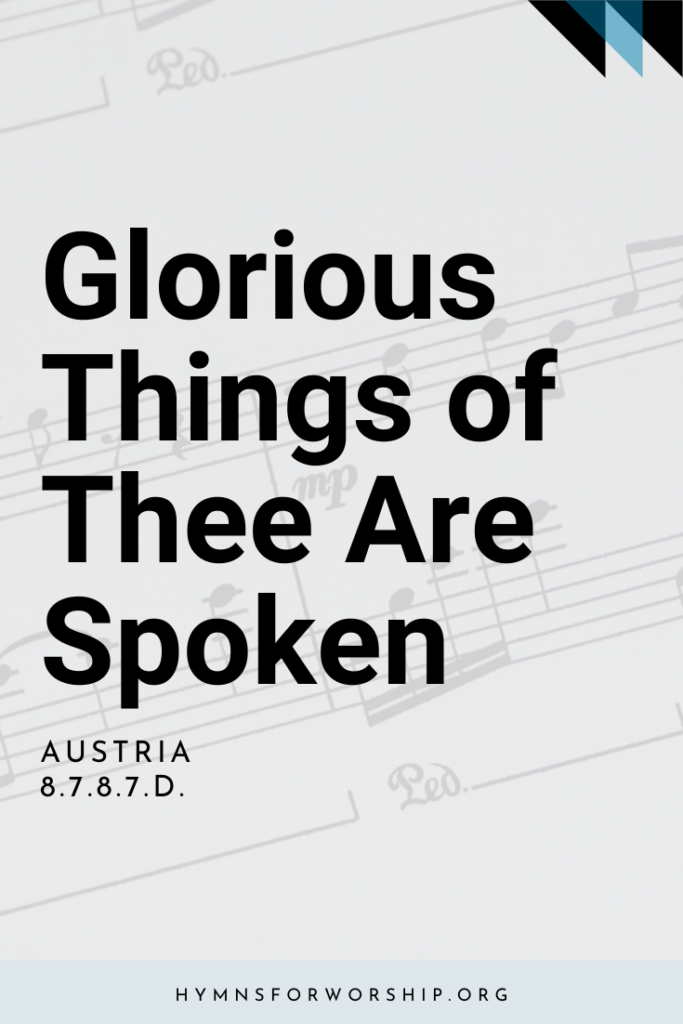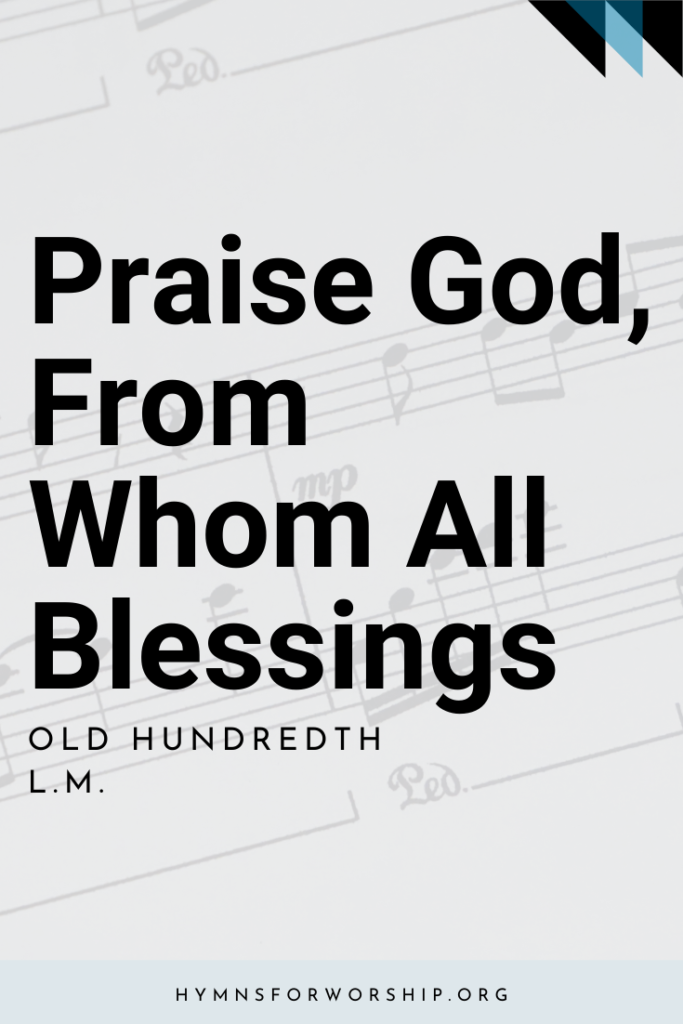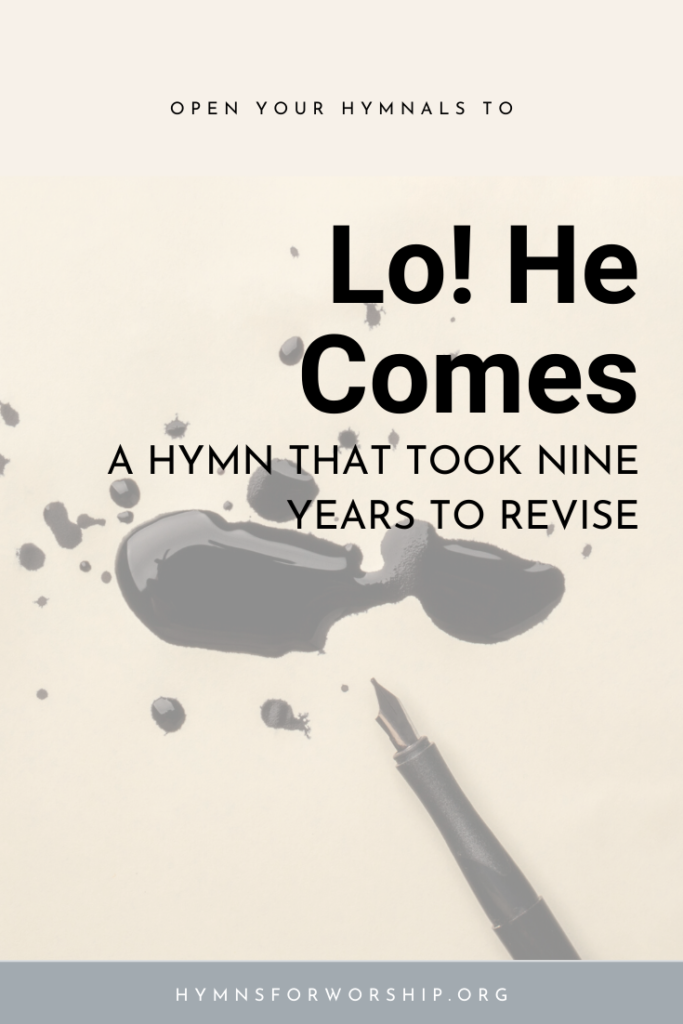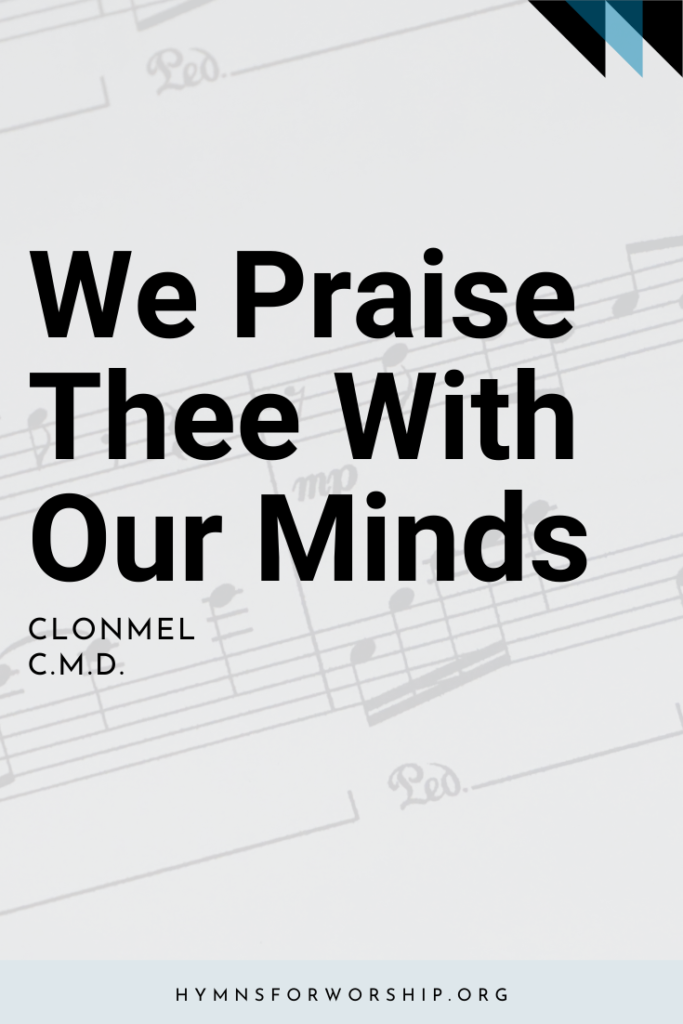JESUS CHRIST >> SUFFERINGS & DEATH
SDAH 164
There is a green hill far away,
Without a city wall,
Where the dear Lord was crucified,
Who died to save us all.
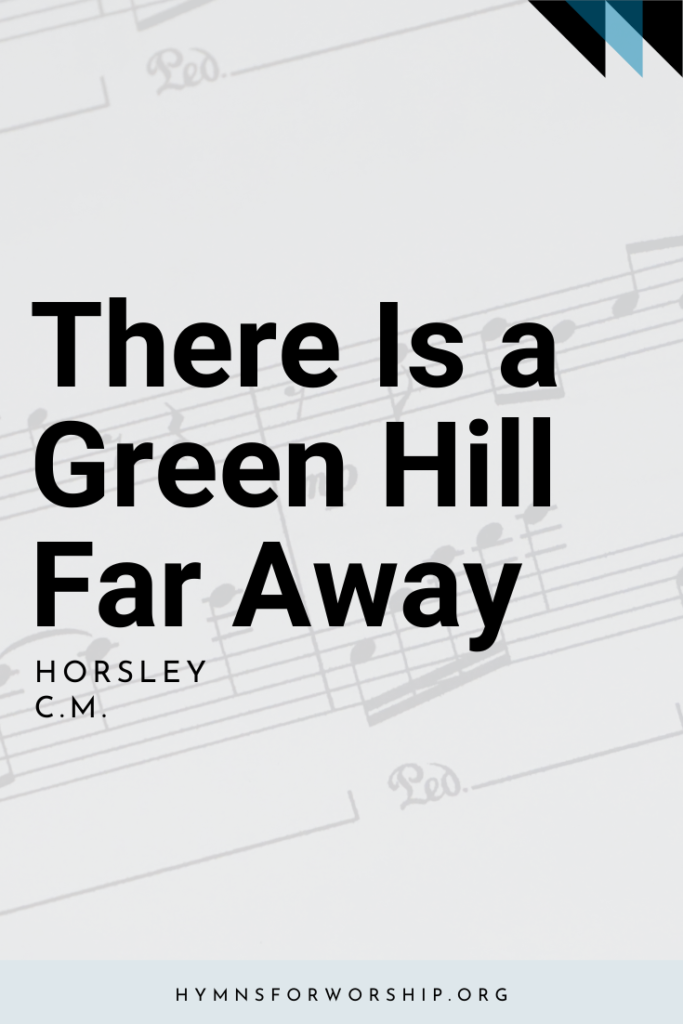
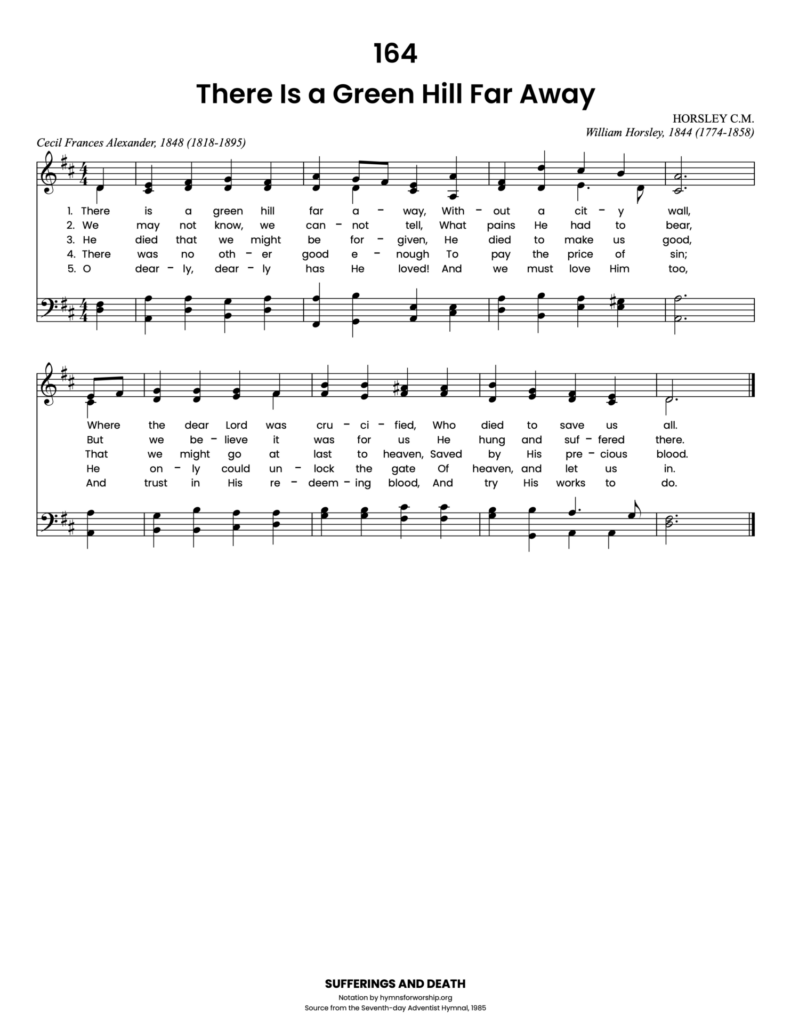
Get the hymn sheet in other keys here
For Worship Leaders
Make each hymn more meaningful with these helpful tools: Short, ready-to-use hymn introductions for church bulletins, multiple ways to introduce a hymn based on your worship theme and in-depth history and insights to enrich your song service.


Text
1
There is a green hill far away,
Without a city wall,
Where the dear Lord was crucified,
Who died to save us all.
2
We may not know, we cannot tell,
What pains He had to bear,
But we believe it was for us
He hung and suffered there.
3
He died that we might be forgiven,
He died to make us good,
That we might go at last to heaven,
Saved by His precious blood.
4
There was no other good enough
To pay the price of sin;
He only could unlock the gate
Of heaven, and let us in.
5
O dearly, dearly has He loved!
And we must love Him too,
And trust in His redeeming blood,
And try His works to do.

Hymn Info
Biblical Reference
(a) 1 Cor 5:15 (c) Eph 4:32 (e) John 3:16; 1 Pet 1:18
Author
Cecil Frances Alexander (1818-1895)
Year Published
1848
Hymn Tune
HORSLEY
Metrical Number
C.M.
Composer
William Horsley (1774-1858)
Tune Source
1844
Notes
Make each hymn more meaningful with these helpful tools: Short, ready-to-use hymn introductions for church bulletins, multiple ways to introduce a hymn based on your worship theme and in-depth history and insights to enrich your song service.

